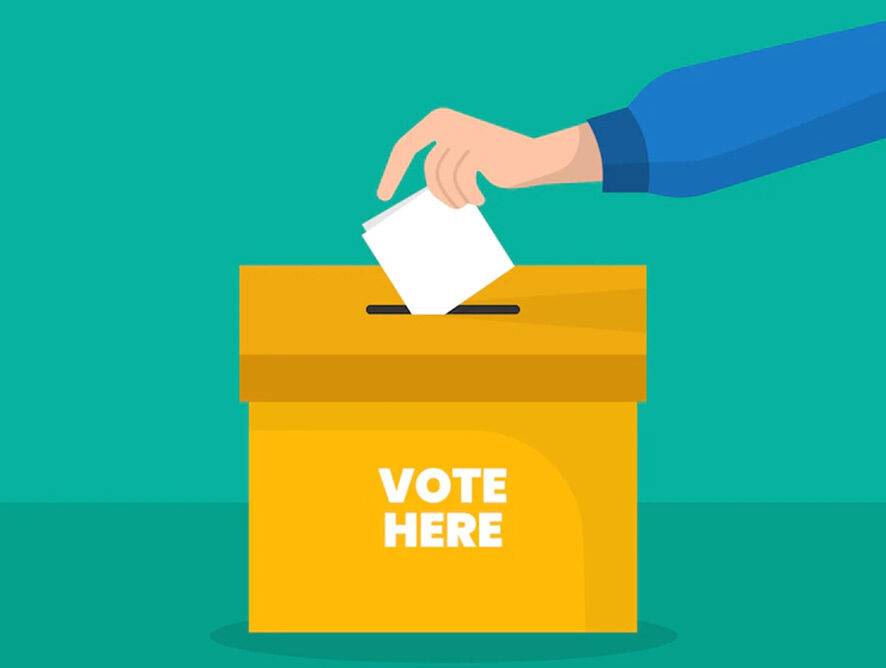POLITICS is a funny game of addition and subtraction. To get elected—which is to say to win the game—you must have the numbers on election day. And to get those numbers require a process of making and breaking alliances, building armies of volunteers, and even creating special units of political operatives who try to ensure that votes will be delivered on election day. This is the norm in democratic countries, although one can add one more stage in the process when you consider elections in the Philippines: ensuring that the votes will be counted correctly after election day.
The stakes are high for two places close to my heart: the Philippines and Alberta. On May 9th, an estimated 40 million out of 65 million or so registered Filipino voters, 1.5 million of them classified as overseas voters, will cast their votes for local and national officials including the president and vice president. If you believe all the conversations on social media these days, this election will be the “turning point” in the history of the motherland.
To be honest, this is a line that is repeated every six years, or since 1986 when a peaceful revolt brought down the Marcos regime and installed Corazon Aquino as president. One can argue that Filipinos traded one regime for another (the rise of the so-called yellow regime) when they converged on EDSA and changed the course of history. But it can also be argued that given the shift in global political ideology, manifested by the rise to power of right-wing populists like Donald Trump, Vladimir Putin, and our very own Rodrigo Duterte, 2022 could very well be the turning point for the Philippines.
Perhaps the same can be said of the future of Alberta: the provincial elections will be held in the spring of 2023. Whether it will be Jason Kenney running against the NDP’s Rachel Notley will not be known until next month. Kenney is facing a leadership review within his party that began this month, and UCP members will have until May 11 to cast their vote on whether to keep the premier or look for a new standard bearer for next year’s polls.
Albertans will have their say on how their future will be shaped next year. They will face a critical crossroad that will determine the course to be taken on healthcare, the environment, and the economy. Kenney is facing an uphill battle, forced to meet the challenge of Notley and of many members of his own party.
And Filipinos will have their say as well on where they want to take their country. While Duterte is no longer running, his daughter Sara is, as the running mate of Ferdinand Marcos Jr. They are running against Leni Robredo and Francis Pangilinan. It’s an election painted by colors—pink, yellow, red, and green—but it also reflects how Filipinos have defined themselves, and how they try to define the issues that matter in this year’s elections.
And what are these issues? Corruption, China and the West Philippine Sea, and Duterte’s drug war, among others. “Hotly contested” does not even begin to accurately describe how Philippine elections will turn out next month. But then, the same can be said about Alberta’s politics. So given all these development, I don’t feel so homesick anymore.


